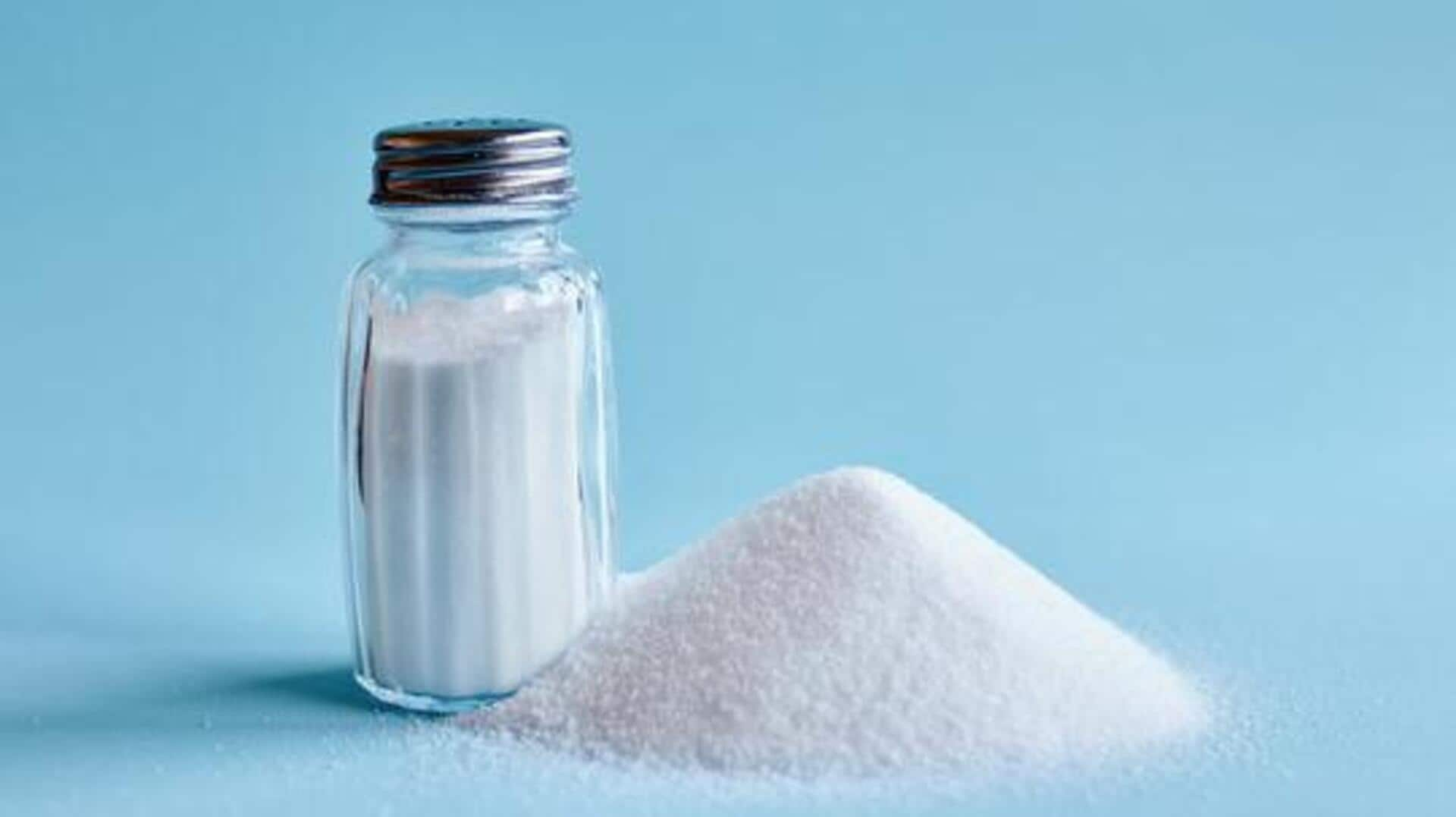
Sodium and your health: Separating fact from fiction
What's the story
Salt has been a staple in kitchens across the globe for decades, however, it often becomes the focal point of health debates. Most of us are convinced that sodium is bad for health, but does it really deserve the bad rap? Here's busting common myths of sodium and what you need to know about the same in your diet.
Essential element
Sodium's role in the body
Sodium is critical for fluid balance, nerve function. It regulates blood pressure and aids muscle contractions. Although too much of it can cause health problems, sodium is a necessity for survival. The body needs a fair amount of it to function properly, which is why it's important to seek balance instead of cutting it out from your diet altogether.
Different types
Myth: All salt is created equal
Not all salt is created equal; there are different varieties with different mineral compositions. Table salt generally has added iodine, which aids in thyroid function. Sea salt and Himalayan pink salt have some trace minerals that could provide added benefits. Understanding the differences can help you choose the right sodium source without getting tricked by marketing gimmicks.
Blood pressure link
High blood pressure connection
The connection between sodium intake and high blood pressure is well-known, but also often misunderstood. While cutting down sodium can help reduce blood pressure in some people, others may not see much of a difference. Genetics, lifestyle, and overall diet contribute significantly to how one's body reacts to sodium intake.
Daily guidelines
Recommended daily intake
Health organizations recommend limiting daily sodium intake to 2,300 milligrams or less for most adults. However, needs may vary depending on age, activity level, and medical conditions. Monitoring processed food consumption can help manage intake, as these foods often contain hidden sources of sodium that account for a large part of daily totals.